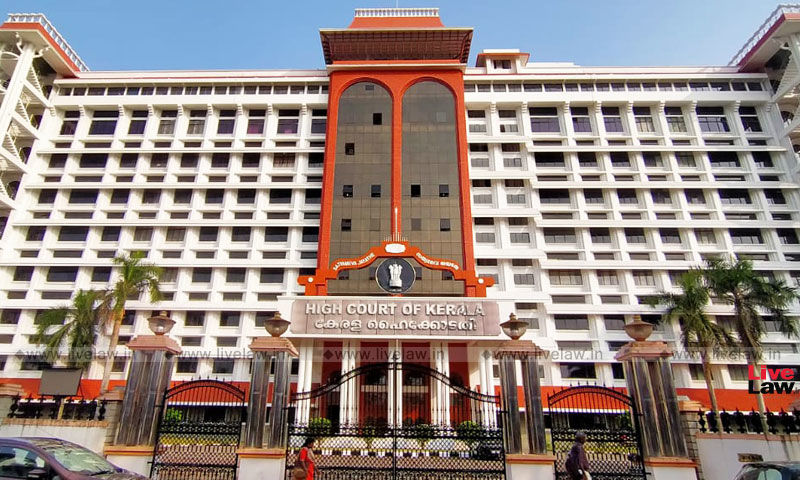Kerala High Court's E-Filing Rules Have Legal & Technical Defects : KHCAA Report
Hannah M Varghese
8 July 2021 10:56 AM IST

Next Story
8 July 2021 10:56 AM IST
The Kerala High Court Advocates' Association has filed two reports stating that new e-filing rules introduced by the Kerala High Court are affected by legal and technical problems.Two Committees were constituted to examine the efficiency of the recent E-filing Rules, namely, Legal and Technical committees. Both these Committees prepared comprehensive reports as to the legal and...
